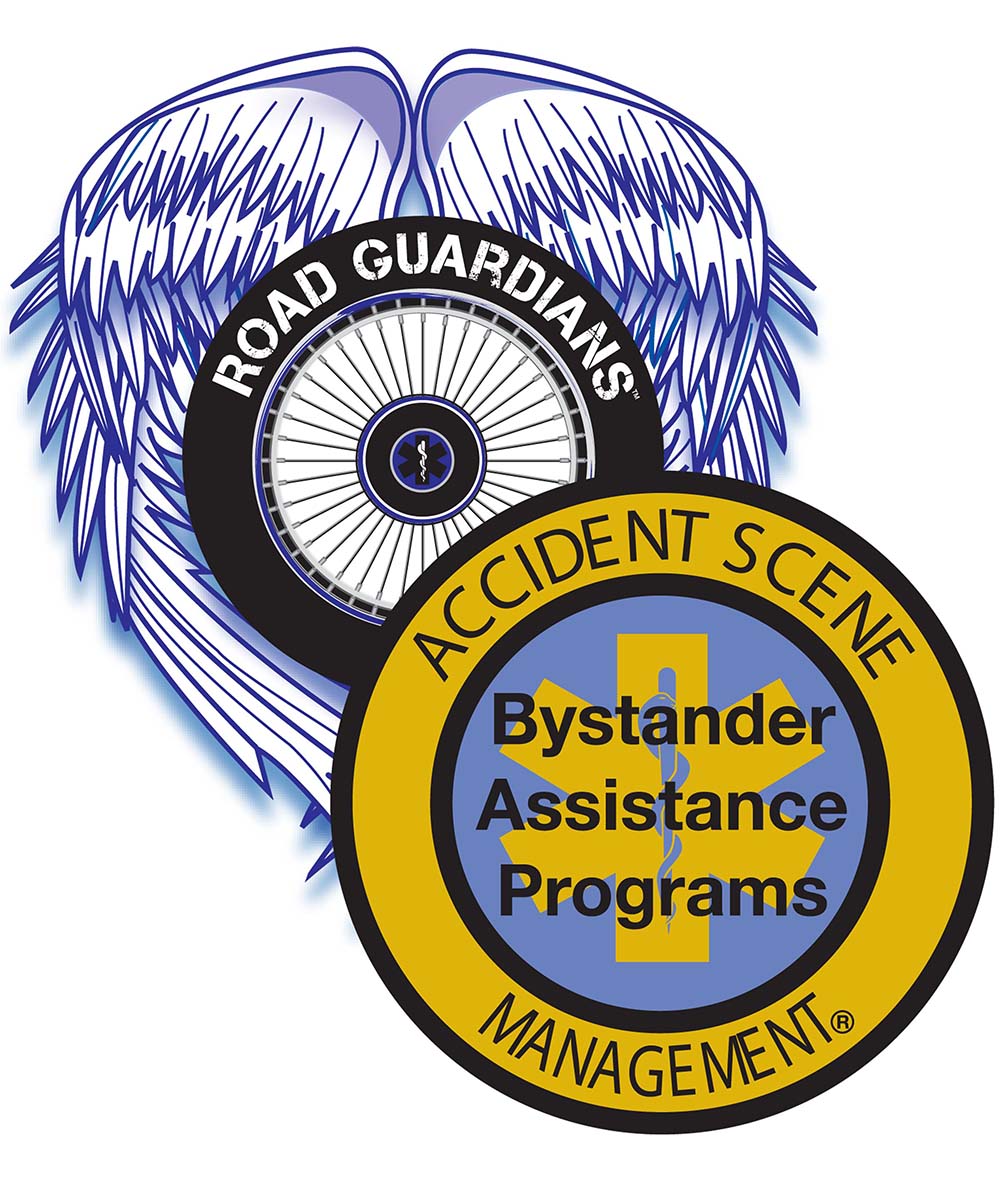
10 Rules for Dealing with Police
Interacting with law enforcement can be intimidating and most people do not know what to do in those type of situations. Many people don’t know or understand the rights afforded to them or understand the level of compliance required of them when approached by police officers.
The following tips are meant to educate you on your rights as a citizen when dealing with law enforcement and in no way is meant to imply that misconduct will occur or should be suspected in every circumstance. The attorneys at Hupy and Abraham suggest the following 10 tips for dealing with the police.
Remain Calm and Cool
It’s important to stay calm and collected as becoming panicked or appearing agitated can make things more challenging for you. Allowing yourself to become nervous or fidgety may raise suspicion with an officer, which is why it’s essential to remain calm and collected during any encounter.
Never Touch an Officer
Police officers are well-versed in handling and restraining individuals who exhibit dangerous or hostile behavior. To ensure a safe and efficient interaction, it is important to keep your hands visible at all times and avoid placing them in your pockets. If you are in a vehicle, it is advisable to rest your hands on the steering wheel to signal compliance and promote a sense of safety for both parties involved. Always remember to never touch an officer.
Do Not Give Up Your Rights
Express yourself as politely as possible. If you know you’re doing nothing wrong, don’t agree to unlawful searches or questioning out of fear or a desire for transparency. Once you have agreed to a search request, it becomes difficult to challenge the officers’ conduct after the fact.
Ask if You’re Being Detained or Are Free to Go
You have the right to know what is going to happen to you, so feel free to ask questions if you haven’t chosen to remain silent. Remember that just because you’ve been placed in a squad car, it doesn’t mean you are going to jail. Ask if you are being detained and the officers are required by law to give you an answer.
Refuse Most Searches
Officers need to have significant cause to search you, your home or your vehicle. You can and should demand a warrant for any and all searches. However, note that an officer can perform a “pat down” if they fear you have weapons. Do not physically resist an officer, but calmly state that you do not give consent to further search without a warrant.
Do Not Confess to Wrongdoing
Remember, everything you say can and will be used against you in a court of law. This is for your protection, provided by the Miranda Law. The Miranda law is part of a preventive criminal procedure rule that law enforcement is required to administer to protect an individual who is in custody and being subject to direct questioning from a violation of his or her Fifth Amendment right against self-incrimination.
Keep Silent, Do Not Lie
You have the right to remain silent until you have a lawyer present. If you wish to exercise that right, say so out loud. In some states, you may be required to identify yourself by name to a police officer, but after that, remain silent. This also applies to passengers in the vehicle with you.
Ask for a Lawyer
State aloud that you wish to remain silent and ask for legal representation immediately. You are not required to give any explanations or excuses. It is your right to have legal representation, so if you can’t pay for a lawyer, you have the right to a free one. Never say anything, sign anything or make any decisions without a lawyer present. If you are arrested, you have the right to a phone call. If that call is to a lawyer, the officers cannot listen to the conversation.
Demand a Warrant for Entry into Your Home
If no warrant is presented by police, you can refuse entry. If a warrant is obtained, the officers can only search the spaces specified on the warrant, limited solely to the items on the warrant. An arrest warrant allows police to enter the home of the person listed on the warrant if they believe the person is inside. Ask officers to show the warrant to you under the door or through the viewing window. If you choose to speak to the officers, step outside of the home and shut the door behind you.
Report Misconduct Later and Do Not Argue
Don’t physically resist officers or threaten to file a complaint. If you feel that your rights have been violated, be as neutral and cooperative as possible. Write down everything you remember, including officers’ badge and patrol car numbers, which agency the officers were from and the contact information of witnesses. If you are injured, take photographs of your injuries (but seek medical attention first). Then, contact a civil rights attorney like Hupy and Abraham.
Remember to order your free wallet-size card from Hupy and Abraham reminding you what to do if and when you have contact with police. CLICK HERE to request your double-sided “What to Do After an Accident” and “Rules for Dealing With Police” card.
If you have any questions about your rights or if you feel that your rights have been violated by the misconduct of police officers, please contact Hupy and Abraham at 800-800-5678.
Did you enjoy this write up? Read the original article here.







This article offers invaluable advice on how to handle encounters with the police in a calm and respectful manner, ensuring a safer and more positive experience for everyone involved.